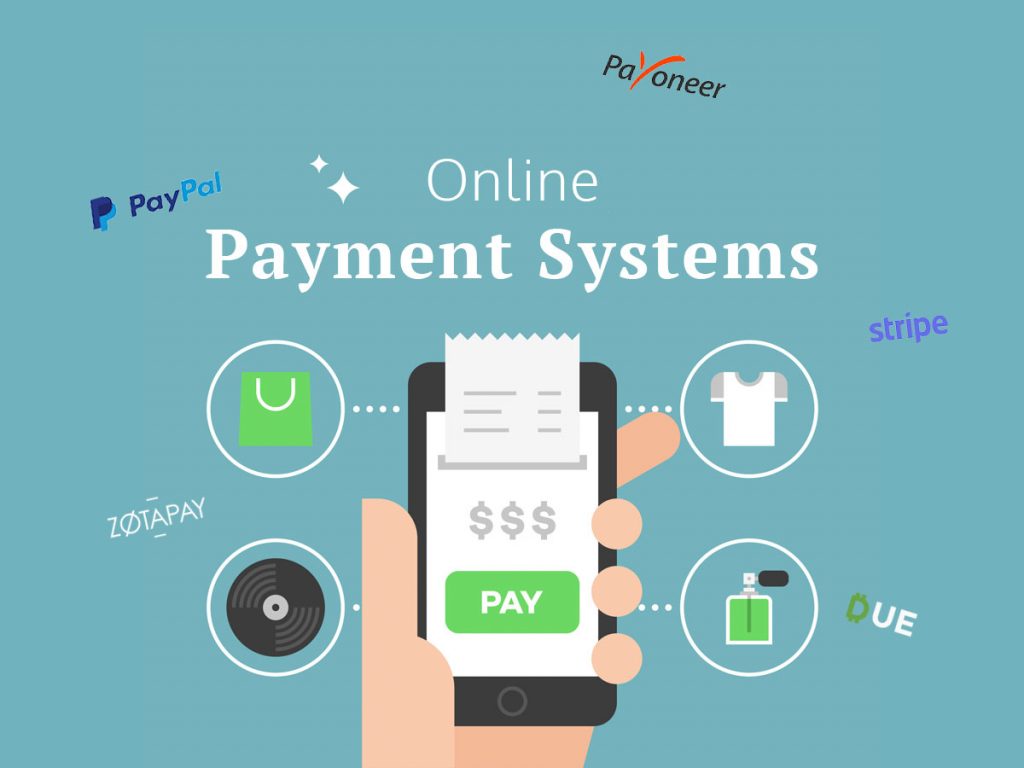
The online retail space has rapidly matured over the last few years. Consumers have embraced this new shopping channel and as such, they now demand to be offered multiple ways to pay for the goods and services they want to buy from your online business.
Online payment systems have also evolved along with the websites they support. Today, you can use traditional forms of payment online via secure online payment gateways, and new forms of e-payments that are also rapidly becoming part of the E-commerce landscape as electronic purchases move to the mobile phone handset.
Ways to Pay
What has become clear over the last few years in particular is that your online business’s customers want see as many online payment options that you can offer them. Security is certainly still an issue for some consumers, but for those that have embraced the online retail channel, the more payment options you can offer the better.
The payment options currently available to your customers fall into a number of distinct categories that include:
- Credit card processing
- Automatic shopping mall payments
- Mobile payments
- Auction site payments.
Which combination of these payment types you offer on your website will depend on what kind of online enterprise you are operating. The type of goods and services you are selling will also have an impact on the type of payment options you must offer.
Credit Card Processing
By far the most popular way of paying for goods and services online is via credit card. The credit card infrastructure is well established and offers your business secure online payment mechanisms that your customers will be accustomed to. Service providers like WorldPay, NetBanx, PayPal and Protx all offer secure online payment processing for all the major credit cards.
Shopping Mall Payments
The worlds search engines are now closely linked to E-commerce. Customers tend to locate the online businesses they want to buy from via their favourite search engine. One click shopping systems have grown up around the search engines and now offer a way of integrating their payment mechanisms into your website. High levels of security are of course always observed as customers’ credit card details are held on file to offer them fast checkout. Systems like BT Click&Buy; and Google’s Checkout are good examples.
Mobile Payments
The mobile phone looks set to be the next explosion in E-commerce. At the moment transaction values tend to be small to pay for a ringtone for instance. Companies now exist that can handle low value transaction that are usually referred to as micropayments – that are usually of less than £5. Examples of micropayment service providers include Allopass and Ymogen. Calling credit is also of course used to pay for goods and services bought via mobile phones.
Auction Site Payments
If you intend to operate your online business via auction websites like eBay, then you will need a PayPal account. Also, as PayPal is linked to the existing credit card network, anyone with a credit card can make a payment through PayPal without having a PayPal account. You can, therefore, also offer PayPal as a secure online payment option on your website in addition to standard credit card payments.
How to Choose the Right Payment System
The online payment system(s) you choose for your business will generally depend on what your customers are demanding, and the kind of goods or services your enterprise is selling. Use the guidance below to help you choose the right secure online payment systems for your business:
Goods and Services
If your business is selling high value items, credit card payments will be a must. The built in insurance that all cards now contain is attractive to consumers. If you will be selling low value items, the fees that traditional credit card processors charge may not be financially feasible. If so, look at service providers like Protx that have a fixed fee.
Payment Integration
Security should be at the top of the agenda when choosing an online payment system. Platforms like PayPal can be built into your website with little technical skill. Systems like WorldPay and Protx provide a secure connection to their servers where payment processing takes place. Your level of technical skill will determine whether you can integrate the payment system yourself, or will need to leave this to your website designer.
Costs and Fees
Each of the online payment systems you could use have a scale of fees. Look closely at what your business will be charged for using their systems. Also look for one-off set-up fees and any annual, quarterly or even monthly fees you have to pay on top of the transaction percentage fee.

